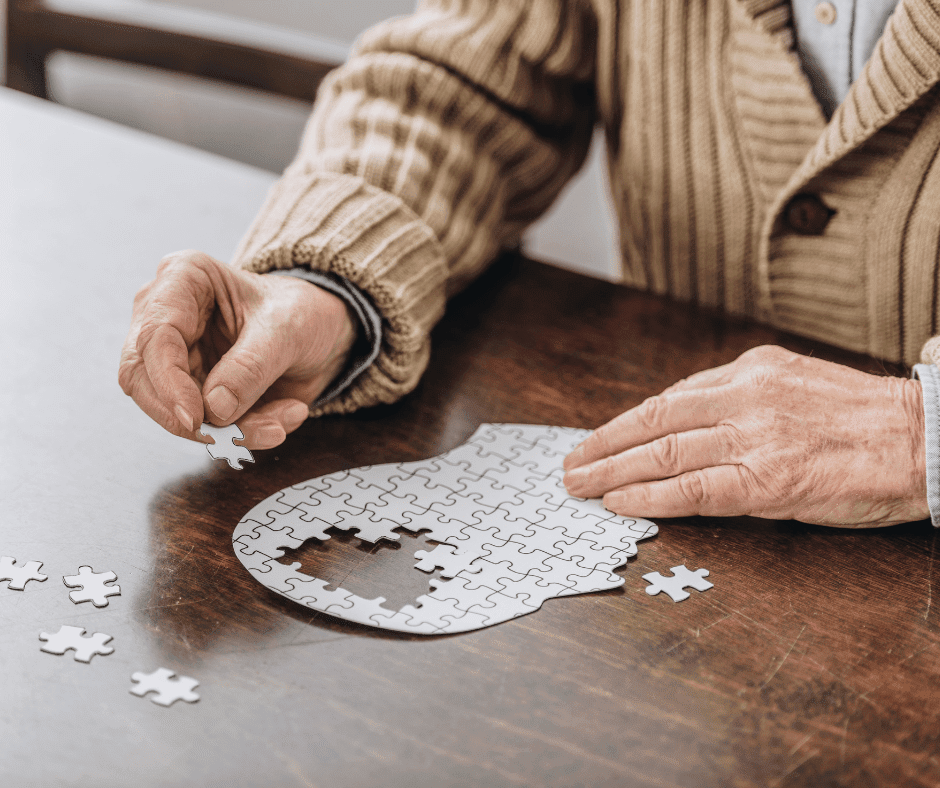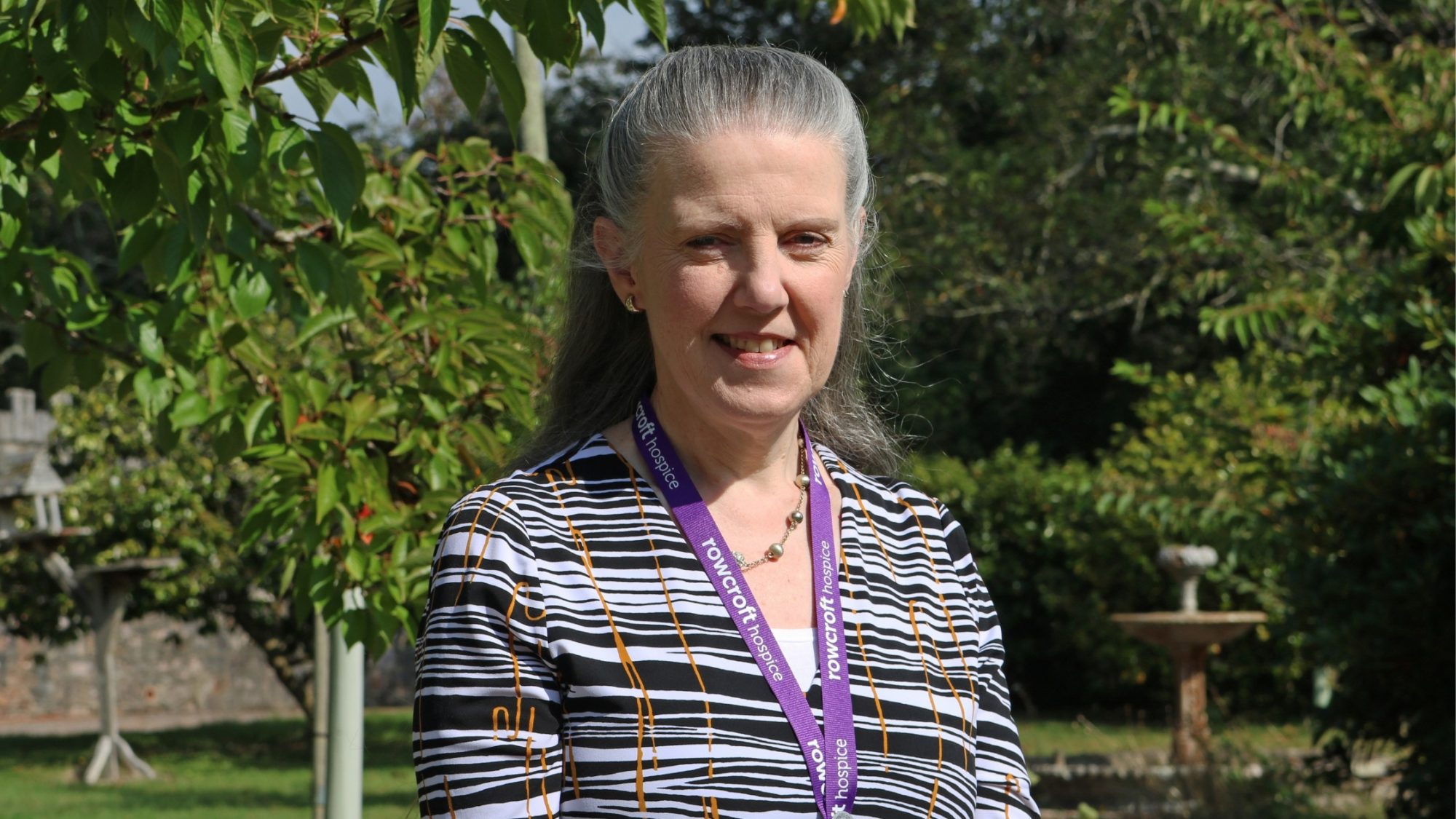This week is Dementia Action Week and we’re raising awareness about the issues faced by the increasing number of people who are affected by dementia. In this compelling blog, Dawn Stirk, our Bereavement Services Administrator and one of Rowcroft’s Dementia Champions, explains what dementia is, how Rowcroft is doing everything possible to make the hospice dementia-friendly, and the part that we can all play in supporting people living with dementia.
Dementia is an umbrella term which covers a multitude of symptoms and while Alzheimer’s disease is the commonest form of dementia there are actually over 100 different types. Dementia is caused by diseases of the brain. Because each part of the brain controls specific things such as memory, speech, movement and behaviour, the exact effects of dementia depend on which parts of the brain are damaged.
Some commonly occurring symptoms include problems with memory – especially with regard to recent events; communication, for example a person may forget words or use the wrong words; motor skills – for example difficulties in using a knife and fork, doing up buttons or walking up and down stairs; and behaviour, for example an individual may behave in ways that are uncharacteristic.
Dementia will affect everyone differently; people will have good days and bad days and the support they need each day will be different.
As a Rowcroft Dementia Champion, I deliver a training session that aims to help people be more understanding and supportive of people living with dementia.
 Within Rowcroft, I deliver this session to all new volunteers and employees as part of Rowcroft’s Welcome Day. This session has been designed to raise awareness of dementia and to explain how everyone, not just healthcare professionals, can help to support people living with dementia so that they can remain an active part of society for as long as possible.
Within Rowcroft, I deliver this session to all new volunteers and employees as part of Rowcroft’s Welcome Day. This session has been designed to raise awareness of dementia and to explain how everyone, not just healthcare professionals, can help to support people living with dementia so that they can remain an active part of society for as long as possible.
The session aims to start people thinking about how everyone can help people with dementia to live well by becoming more aware of the difficulties they face. Even small changes that we make in the way we interact with people with dementia can have a real impact on their ability to live well.
For me being a dementia-friendly hospice means that when a person living with dementia comes into contact with one of Rowcroft’s employees or volunteers, they will find someone who is prepared to give them the time and support that allows them to feel safe and supported. This applies not just to our patients but also to their families and carers, to customers in our shops and people attending any of our events.
It also means offering the same understanding and support to the people we work with – both employees and volunteers, who may be caring for someone with dementia or even living with dementia themselves.
Here are a few simple actions that people can take to support someone living with dementia:
Keep in contact with them – It can be hard to keep visiting someone who no longer recognises or interacts with you but the unseen emotional connection between people can remain very strong. Try listening to their favourite music with them or reading them something you know they would enjoy. Just sitting with them, and perhaps holding their hand, can be a calming influence.
Be patient and keep calm – shouting, getting angry or trying to make them do, or remember, things will only make the situation worse.
Don’t correct them if they get things wrong, forget who someone is or don’t remember what you did yesterday. None of us like to be constantly told we’ve got something wrong and for someone living with dementia it will just add to their confusion.
Try to do things with them rather than for them for as long as possible. This maintains a sense of independence and wellbeing. If we help them to make a cup of tea rather than making it for them, we can turn it into an enjoyable activity for both of us but if we take over and make it for them it can start to disable them.
Remember who they are, what their life history is, what is important to them. They are still important members of society and it is up to us to help them remain engaged in society for as long as they can. When this is no longer possible, we can still help to make them feel that they are valued and respected.
Unfortunately, when someone has dementia it is all too easy to lose sight of them as an individual. It’s important to remember that they are real people with real feelings. Individuals with a life history, family, friends, hobbies. If we can learn about these things it might help us to understand any ‘unusual’ behaviours they are exhibiting or find a way to improve the way we communicate with them.
For further information about dementia and Alzheimer’s disease, please visit alzheimers.org.uk

